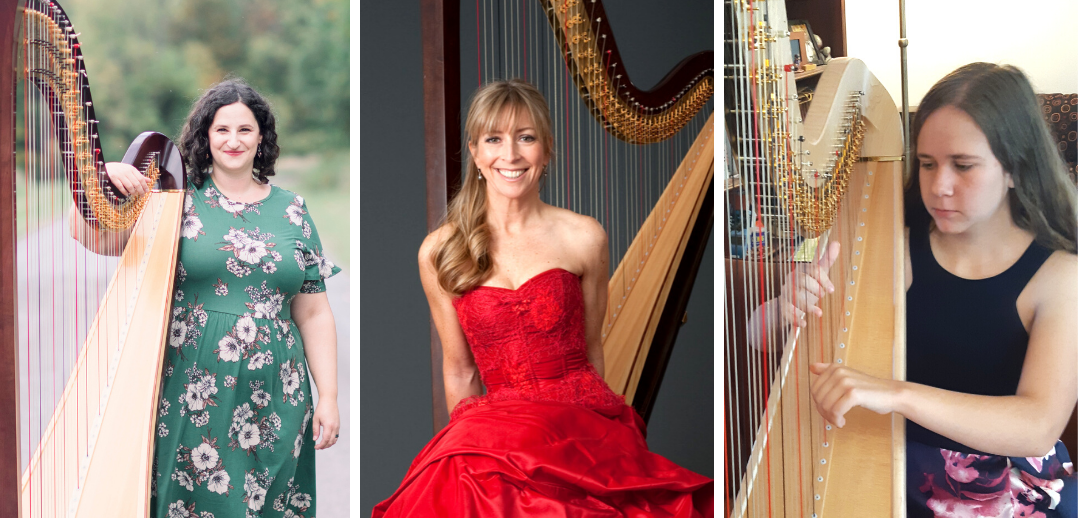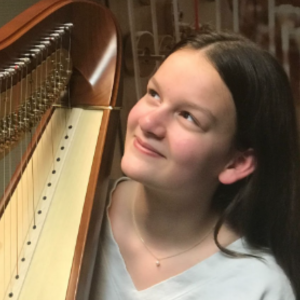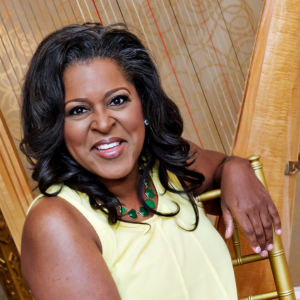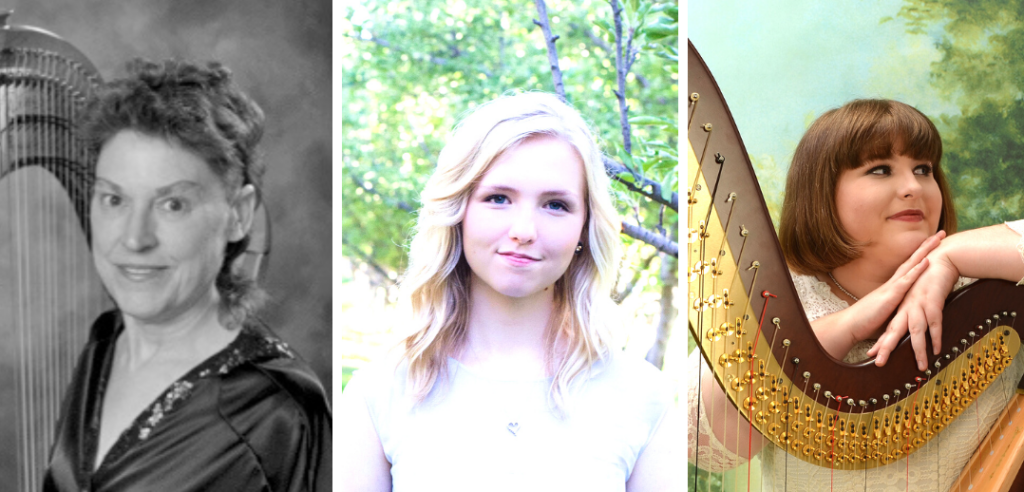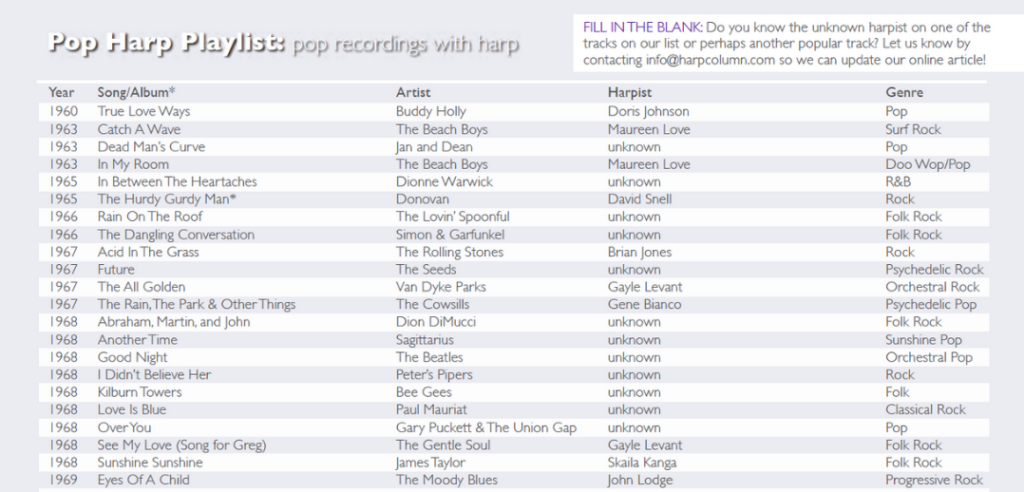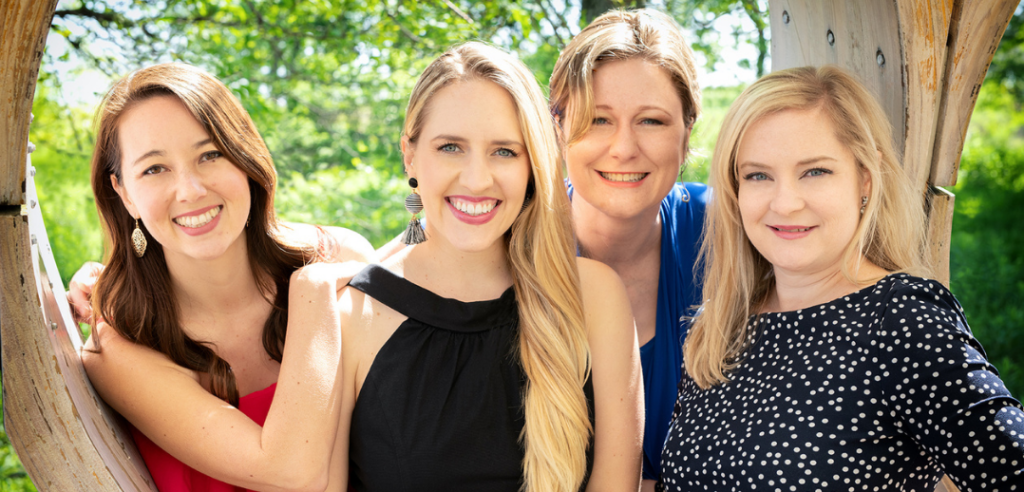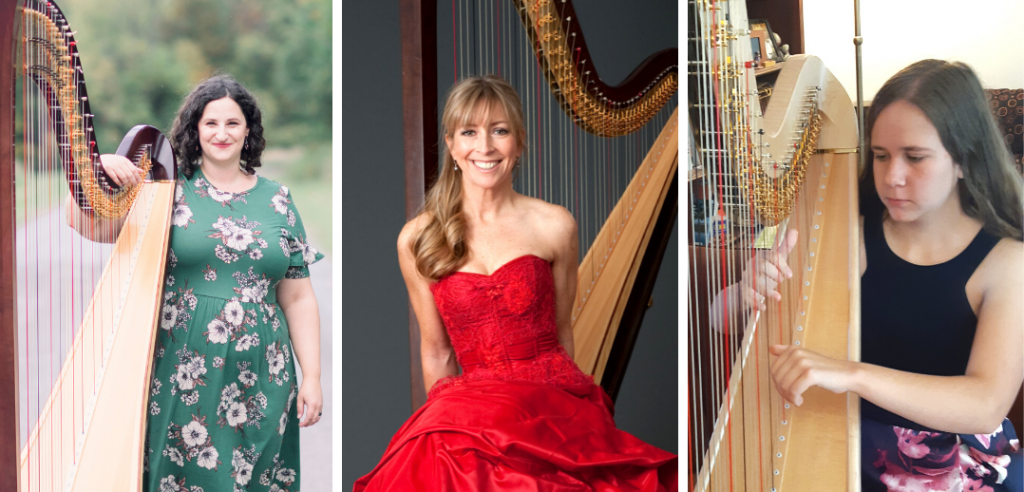This article extra is part of the Summer Camp Roundup 2021 feature article in this issue.
If there is one thing we know for certain right now, it is that everything is uncertain. While we all hope for the best in-person experiences at harp camp this summer, we can also plan for contingencies. Should summer camp have to be online this summer, what will it be like, how can I get the most out of it, and which one is right for me? We caught up with several harp camp faculty members and students to discuss five things you should know about online summer camp and how to get the most out of the online experience.
High-quality programming
Some camps quickly moved their summer program online in 2020 because of the pandemic. Trying to simulate the in-person experience as much as possible, online campers were given opportunities to study with the same faculty, participate in the same workshops and masterclasses, and even perform—all of the components of an in-person camp. After moving its camp online last summer, Angela Schwarzkopf of Young Artist’s Harp Seminar (YAHS) says their online students can expect to work closely with the faculty, learn new skills and techniques, and of course to have some fun. “Whether in person or online, our goal remains the same: to educate, inspire, and grow today’s harpists.”
Real relationships
Relationships built at summer camp are just as important as harp lessons learned. In fact, the close bonds created at camp can be a camper’s biggest takeaway from their summer experience. Camps have gotten creative with their online social programming. “When developing our online program, we really wanted to ensure [building friendships] was still a part of the experience, so our program alternated between learning days and social days,” Schwarzkopf says. Social days include games, skits, and other interactive group activities. YAHS student Audrey Morris, who attended camp online last summer, says her days were packed full of workshops, masterclasses, and social events like game night and skit night. “It was a wonderful experience, and I learned so much from the faculty and met many new people,” she says.
Performance opportunities abound
Just because your audience is separated by a screen doesn’t mean performance opportunities aren’t plentiful at online camps. Elizabeth Hainen of Curtis Summerfest says her program culminated in performance opportunities for participants. “At the end of the program, we featured the harpists in a live recital via private Zoom, then a week later a pre-recorded recital was posted publicly via social media.” Similarly, YAHS hosted an online concert series during its program. These public concerts give campers the opportunity to share their performances with an even larger audience than they could have in-person.
Auditing is possible
Some online camps allow auditors to participate in programs. Auditing allows students and professionals alike to get a taste for the program without having to fully commit to the entire experience. This is a good option for students who may be participating in a camp for the first time or for those who simply want to see how camp works online.
Open mindedness is key
To get the most out of the experience, keep an open mind. Don’t expect an online camp to provide the exact same experience as being in-person. While the experience may be different, and some things can’t be replicated online, there are advantages to online camp that don’t exist in person. Online camp allows you to try a camp you might not have been able to travel to in person. They might also allow you to study with teachers who would have been inaccessible in person. Online camps can provide a safe way for students to receive high quality harp training in an unprecedented time. •






